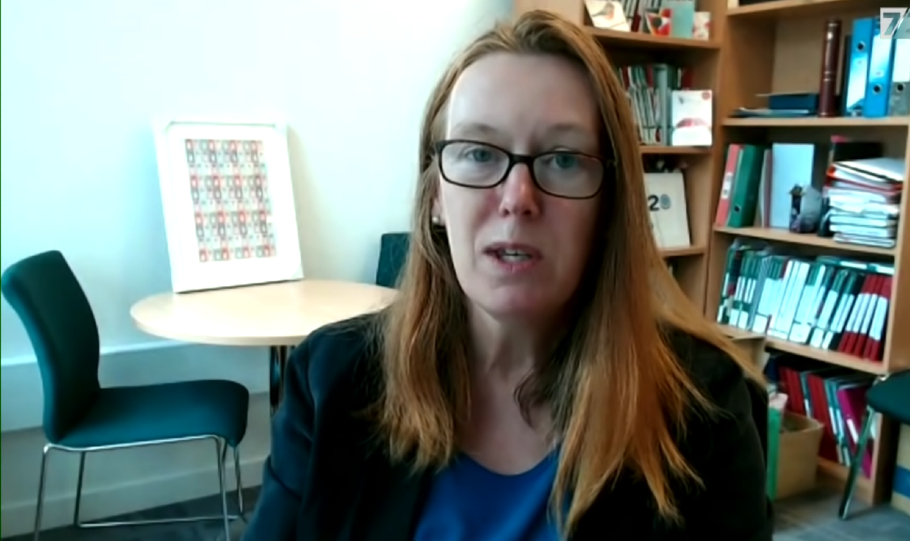
Next pandemic could be more lethal, warns Oxford scientist
Sarah Gilbert, the lead Oxford scientist who discovered the Covidshield vaccine, has warned that the next pandemic could be "more lethal", and urged that the world needs to build on lessons from Covid-19 to be better prepared.

Sarah Gilbert, the lead Oxford scientist who discovered the Covidshield vaccine, has warned that the next pandemic could be “more lethal”, and urged that the world needs to build on lessons from Covid-19 to be better prepared.
“This will not be the last time a virus threatens our lives and our livelihoods. The truth is, the next one could be worse. It could be more contagious, or more lethal, or both,” said Gilbert’s speech for the Richard Dimbleby Lecture, to be broadcast Monday evening in the UK.
“We cannot allow a situation where we have gone through all we have gone through, and then find that the enormous economic losses we have sustained mean that there is still no funding for pandemic preparedness. The advances we have made, and the knowledge we have gained, must not be lost,” she said.
Sara Gilbert had found the Oxford/AstraZeneca vaccine based on her trials for influenza and it was the first vaccine to be approved in the UK.
Also read: Prof Sarah Gilbert: The shy scientist who became a vaccine superstar
Being significantly cheaper and easier to deliver than others, it is used in more than 170 countries, especially in poorer countries.
Queen Elizabeth II made Gilbert a dame this year for her services to the UK’s science and public health through the COVID-19 vaccine development.
With the new Omicron variant raising new threats, Gilbert said there was a need for more caution.
“Until we know more, we should be cautious, and take steps to slow down the spread of this new variant,” Gilbert said.
“But as we have seen before, reduced protection against infection and mild disease does not necessarily mean reduced protection against severe disease and death.”


